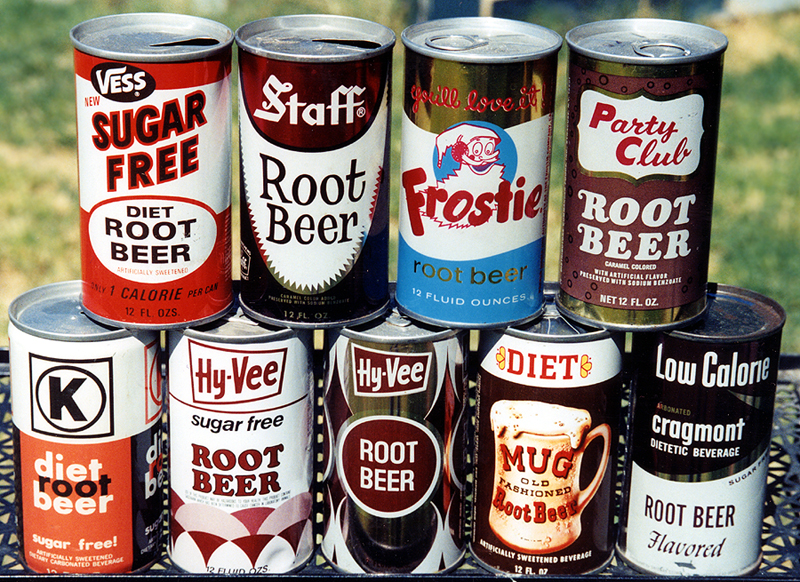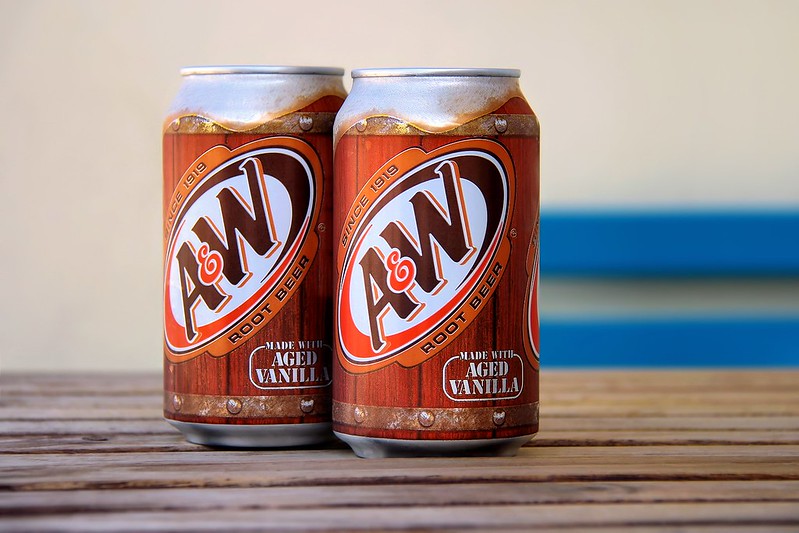
Root beer, the fizzy, frothy beverage that often takes us back to the simplicity of childhood, holds a special place in the pantheon of classic American drinks. However, its nutritional composition may be a mystery to many. Let’s uncover the truth beneath the bubbles in these 15 Root Beer nutrition facts.
Calorie Count
On average, a 12-ounce serving of root beer contains around 150-170 calories. These values might vary depending on the brand and formulation of the drink.
Sugar Content
A typical can of root beer is filled with 40-45 grams of sugar, which accounts for a significant portion of the recommended daily sugar intake.
Root Beer is Caffeine-Free
Unlike most colas, root beer is usually caffeine-free, making it a more suitable choice for those looking to reduce caffeine consumption.
Sodium Presence
A 12-ounce serving of root beer typically contains about 30-60 milligrams of sodium, contributing to your daily sodium intake.
Non-Alcoholic Beverage
Root beer is a non-alcoholic beverage, making it a safe and enjoyable option for individuals of all ages.

Zero Protein
Root beer is not a source of protein. Those seeking to increase their protein intake will have to look elsewhere.
Contains Artificial Flavors
Many brands of root beer use artificial flavors and colorings to achieve the classic taste and look of the beverage.
Potential Source of Antioxidants
Some artisanal and craft root beers are made using actual sassafras root and other natural ingredients that contain beneficial antioxidants.
Variation Among Brands
Different brands have varying nutritional compositions. It’s advisable to check the label for specific nutritional facts.
Presence of High Fructose Corn Syrup
Many commercial root beers contain high fructose corn syrup (HFCS) as a sweetener. Overconsumption of HFCS has been linked with adverse health effects.

Contains Carbonated Water
A primary ingredient in root beer is carbonated water, which contributes to the drink’s characteristic effervescence.
Nutrient Void
Root beer is not a significant source of essential nutrients, such as vitamins and minerals.
Diet Root Beer
For those watching their calorie and sugar intake, diet root beers are available, often with zero calories and sugar.
Contains Preservatives
Some brands of root beer contain preservatives to increase the shelf life of the product.
Dental Health
The high sugar content in root beer can contribute to tooth decay if consumed excessively and without proper oral hygiene.
Final Word
Understanding these 15 Root Beer Nutrition Facts helps you to appreciate what goes into your favorite fizzy delight and informs your consumption choices. Like any sweet treat, root beer is best enjoyed in moderation. So, the next time you crack open a can of root beer, savor the nostalgia-inducing flavor while also considering its nutritional impact.
Was this page helpful?
Our commitment to delivering trustworthy and engaging content is at the heart of what we do. Each fact on our site is contributed by real users like you, bringing a wealth of diverse insights and information. To ensure the highest standards of accuracy and reliability, our dedicated editors meticulously review each submission. This process guarantees that the facts we share are not only fascinating but also credible. Trust in our commitment to quality and authenticity as you explore and learn with us.
